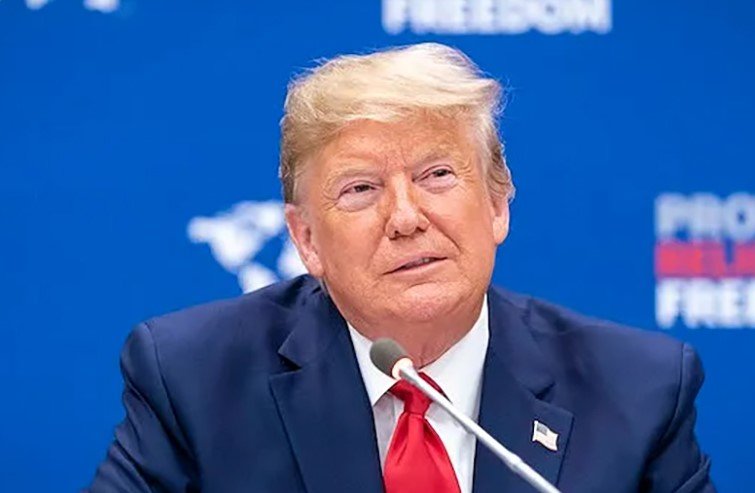As the U.S. presidential election approaches, Donald Trump is ramping up his rhetoric, echoing authoritarian tactics with alarming implications. Known for his admiration of global dictators, Trump’s recent comments about an “enemy from within” signal a troubling shift in his campaign strategy. This language, reminiscent of authoritarian regimes, raises concerns about the potential impact on political discourse and public safety.
A Familiar Narrative
Throughout his presidency, Trump has consistently labeled the media as the “enemy of the people,” particularly targeting outlets that criticize him. This tactic has not only polarized public opinion but has also fostered an environment where dissent is viewed as a threat. As the election nears, his rhetoric has taken on a more menacing tone, suggesting that those who oppose him are not just critics but adversaries to be confronted.
- Key elements of Trump’s rhetoric include:
- Demonization of Opponents: Framing dissenters as threats to national security.
- Mobilization of Supporters: Encouraging his base to view opposition as a battle against an internal enemy.
- Historical Parallels: Drawing comparisons to authoritarian leaders who have used similar language to consolidate power.
This shift in language is not merely a campaign tactic; it reflects a broader strategy to galvanize support by instilling fear and division.

The Implications of Authoritarian Language
The use of authoritarian language in political discourse can have far-reaching consequences. It can embolden extremist groups and create a climate of hostility that undermines democratic principles. Trump’s recent comments may resonate with his supporters, but they also risk alienating moderate voters who value civility and democratic norms.
- Potential consequences of this rhetoric include:
- Increased Political Violence: Heightened tensions could lead to confrontations between opposing groups.
- Erosion of Trust: Public trust in institutions may decline as political discourse becomes more hostile.
- Chilling Effect on Free Speech: Individuals may feel discouraged from expressing dissenting opinions for fear of backlash.
As Trump continues to frame the political landscape in terms of enemies and threats, the implications for American democracy become increasingly concerning.
A Divided Landscape
The current political climate is marked by deep divisions, and Trump’s rhetoric only serves to exacerbate these tensions. His supporters may view his comments as a rallying cry, while opponents see them as a dangerous escalation. This polarization complicates efforts to foster dialogue and understanding across the political spectrum.
- Factors contributing to this division include:
- Media Fragmentation: The rise of partisan media outlets that reinforce existing beliefs.
- Social Media Influence: Platforms that amplify extreme views and misinformation.
- Cultural Polarization: Growing divides over social issues that intersect with political affiliations.
In this environment, Trump’s language may resonate with those who feel marginalized or threatened, further entrenching divisions within society.
The Road Ahead
As the election draws closer, the stakes are high. Trump’s rhetoric will likely continue to evolve, and its impact on the political landscape remains to be seen. Observers are left to ponder the implications of such language on the future of American democracy and the potential for reconciliation in a divided nation.
The upcoming election is not just a contest of policies; it is a referendum on the values that underpin American society. How voters respond to Trump’s increasingly authoritarian rhetoric will shape the political landscape for years to come.
